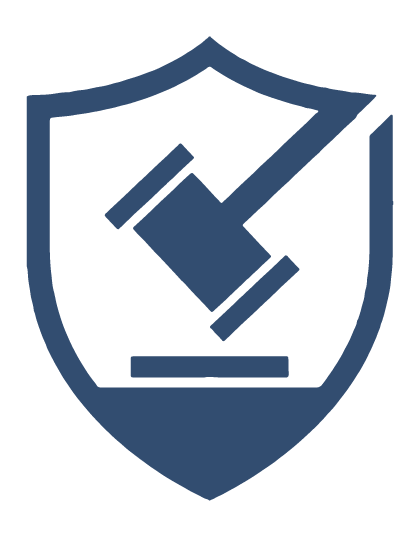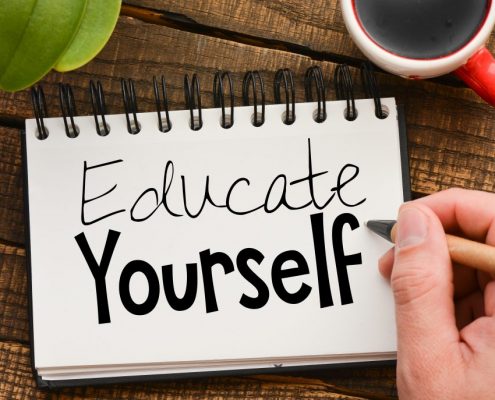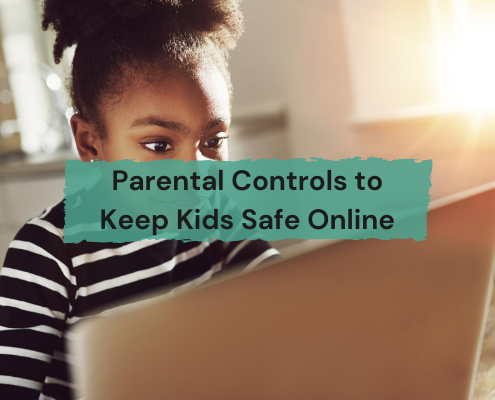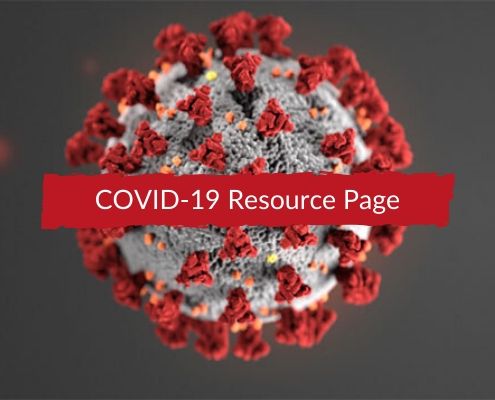COVID-19 Contact Tracing Information
Contact tracing is a step that states are taking to control the spread of COVID-19 and identify and assist people who may have been exposed to the virus. However, impostors may try to pose as contact tracers to steal your personal information or money or put malware on your device. While the specific details about contact tracing varies from state to state, here is general information about it and how to protect yourself from scammers. For specific information about contact tracing in your state, check with your state government.
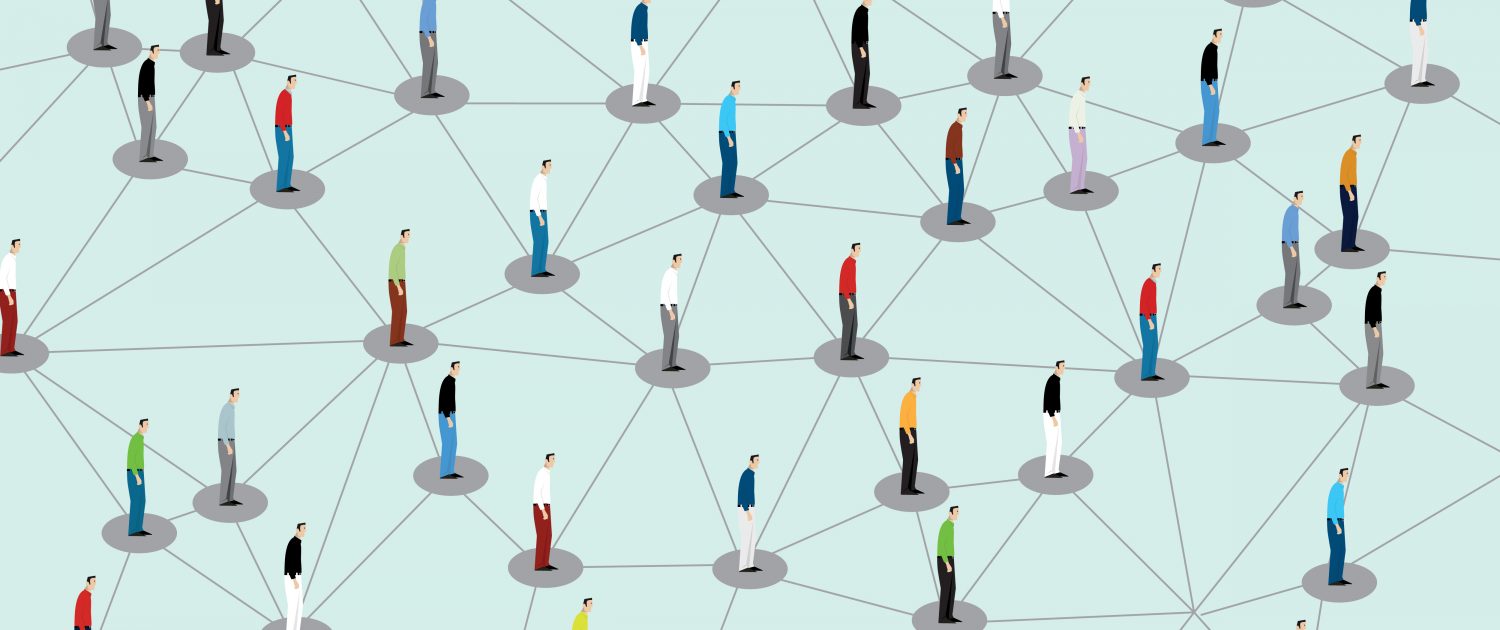
Five things to know about contact tracing to avoid scams
- Real contact tracers won’t ask you for money.
- Contact tracing doesn’t require your bank account or credit card number.
- Legitimate contact tracers will never ask for your Social Security Number.
- Your immigration status doesn’t matter for contract tracing, so real tracers won’t ask.
- Do not click on a link in a text or email.
What is it?
In general, contact tracing is the process of identifying people who have recently been in close contact with someone who has tested positive for COVID-19. The process depends on the state of residency as well as whether the individual tested positive for COVID-19 or is someone who came in contact with such a person.
Why is it being done?
Contact tracing is part of many states’ strategy to responsibly ease restrictions, while slowing the spread of COVID-19 and protecting residents. It helps states identify those who may have been exposed and quickly get them the necessary support and resources that can help protect them and their loved ones.
Who is doing it?
Contact tracers are generally hired by states through their departments of health or another similar agency.
How will I be contacted?
- It will depend on the state, but may be by phone, text, or email.
- The phone/text numbers, caller ID names, or email addresses from which a resident would receive communications may be publicized. Residents should check official state government websites for this information.
- Because those phone/text numbers, caller ID names, or email addresses could be spoofed or copied by scammers, some states have established a phone number that residents can call to confirm whether they were contacted by an authorized contact tracer. A legitimate contact tracer should not be upset if you ask to end a call so you can contact the state health department to verify the contact tracer’s identity, and the tracer should provide you with a phone number where you can call them back once you verify their legitimacy with the state health department or other similar entity.
What information will the contact tracer provide and what questions will I be asked?
- If a contact tracer wants to confirm your identity through a birthdate or your address, they should be able to provide that information to YOU, and YOU should not provide that information to THEM.
- If you have tested positive, a contact tracer may ask you to provide names and phone numbers/emails/addresses for everyone you came in close contact with while possibly infectious so they can contact them as well. The specific information requested will depend on the state of residence.
- An authorized contact tracer will not disclose the identity of the person who tested positive that is the starting place for that tracing effort.
- A legitimate contact tracer should be able to immediately provide you with up-to-date testing locations, phone numbers, and information about whether you need to make an appointment at a particular location and what you will need to bring to that visit.
- Legitimate contact tracers will not ask you for:
Money or any other form of payment such as a gift card
Bank account number
Credit card number
Social security number
Anyone who does is a scammer.
- For specifics about contact tracing where you live, including who is contacting people, how the contact is made, and what information tracers may provide and request, check with your state government.
Beware of scammers!
- Scammers pretending to be contact tracers may send text or email messages asking residents to click a link, which are “phishing” scams that help a scammer to gain access to a person’s computer, your financial information, and/or personal information. Do not click on any strange links or links from an unverified source. If you are concerned that a link may not be legitimate, contact your state government to verify.
- Legitimate contact tracers will not ask you to provide/confirm:
Money or any other form of payment such as a gift card
Bank account number
Credit card number
Social security number
Anyone who does is a scammer.
- If a contact tracer wants to confirm your identity through a birthdate or your address, they should be able to provide that information to YOU, and YOU should not provide that information to THEM.
- An authorized contact tracer will not disclose the identity of the person who tested positive and is the starting place for that tracing effort.
- For specifics about contact tracing being done by your state, check with your state government.
Attorneys General Ask Google and Apple to Ensure All Contact Tracing Apps Serve a Public Health Purpose
A bipartisan coalition of 39 state and territory attorneys general asked Google and Apple to guarantee that contact tracing apps, when available to consumers, are affiliated with a public health authority and removed from Google Play and the App Store once no longer needed by public health authorities.
